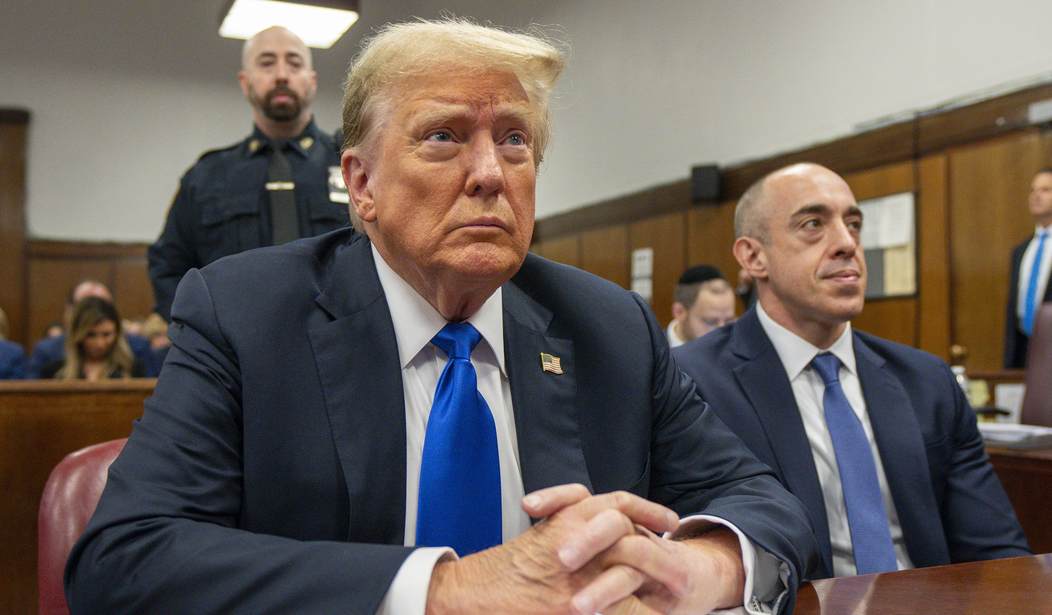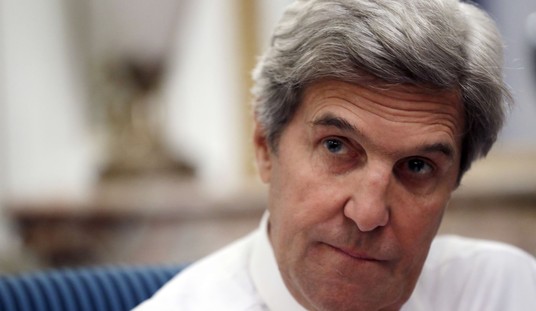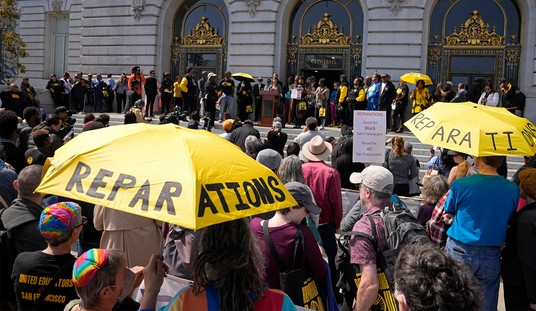The latest chapter in the legal war against President-elect Donald Trump is yet another example of lawfare being used as a political weapon. The “hush money” case, which has been heavily criticized from the start, culminated in a sentencing that exposed just how bogus the entire process was. If there was ever any doubt about the lack of legitimate grounds for these charges, the sentence handed down by Judge Juan Merchan makes it clear: there was no real crime here, only a partisan effort to bring down Trump.
As my PJ Media colleague Chris Queen previously reported, Trump was sentenced to an unconditional discharge, meaning no jail time or additional punishment. Yet, despite the fact that Merchan acknowledged no substantial punishment was necessary, a conviction remains on Trump’s record. The judge’s reasoning? This was the only lawful option that wouldn’t impact the highest office in the land. But the reality is far simpler: operatives manipulated the legal system to ensure a conviction stuck, even though there was no genuine wrongdoing.
Merchan’s actions throughout the trial suggested a clear bias against Trump, and his actions during the sentencing were no different. Merchan repeatedly referred to him as “Mr. Trump” rather than “President Trump,” which was not a minor slip of the tongue. Rather, it’s a subtle but telling indication that the judge, a known Biden donor, was less interested in delivering impartial justice and more focused on delivering a politically motivated outcome: giving the left the ability to call Trump a convicted felon.
For someone tasked with upholding the law, Merchan's behavior from start to finish raised serious questions about his objectivity.
As CNN legal analyst Elie Honig pointed out, the entire case is an “ill-conceived, unjustified mess.” No one has ever been charged before for the actions that led to this trial. Falsifying business records, a common practice, is typically treated as a misdemeanor, yet here it’s been inflated to a felony by the prosecution’s absurd claim of “intent” to commit another crime — but they never even specified what that crime was. In essence, this was a trial without a crime, so naturally, it resulted in a sentence without a punishment.
The prosecution also went further than what the law allows, charging Trump with violations of federal election laws under state jurisdiction, another strategy that had no precedent. As Honig rightly pointed out, no state prosecutor has ever tried to use state charges as a predicate for federal election law violations. The charges were tailored specifically for Trump, and the prosecution seemed to invent new legal theories along the way to try and make them stick.
Trump’s legal team, led by attorney Todd Blanche, was quick to push back, arguing that the charges should never have been brought in the first place. Blanche pledged to appeal, asserting the obvious: this entire case is a sham. Trump himself has long decried these charges as part of a politically motivated “witch hunt,” and he’s absolutely right. The whole process reeked of desperation from those who feared his return to the White House.
Related: The Real Reason Judge Merchan Is Sentencing Trump on January 10
Thankfully, they weren’t successful in stopping him. However, this conviction will undoubtedly be used by Democrats as ammunition against Trump in his second term, labeling him a “convicted felon” in a desperate attempt to discredit him and justify their “resistance.” But what this case truly represents is a misuse of the legal system for political purposes. The so-called “sentence” proves that there was no legitimate crime, just a hunger to take down Trump — motivated entirely by partisan politics.
In the end, this trial, with its bogus conviction and sham sentencing, is a clear warning about the dangers of lawfare in modern American politics. The system was bent, twisted, and exploited to attack a political figure, regardless of the lack of a real legal basis. This isn’t justice; it’s an abuse of power.
Let’s hope that the new Trump administration does everything it can to reform our justice system.










